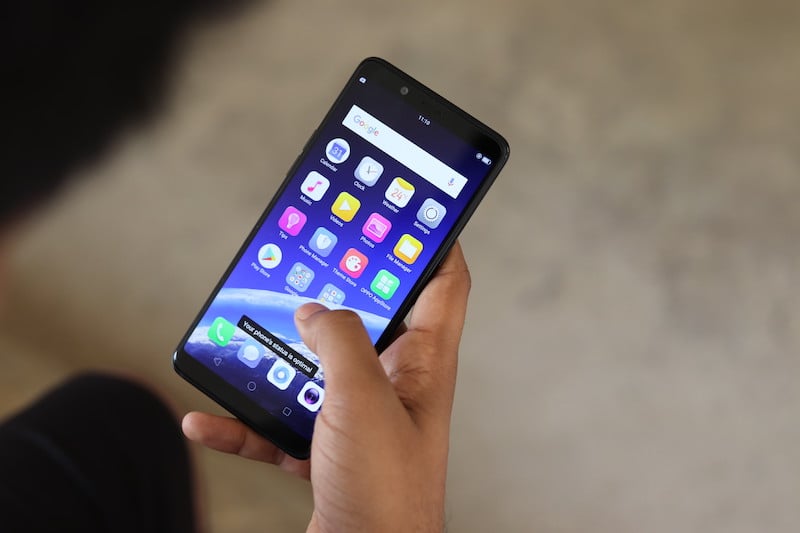As it rumoured earlier, the Union Cabinet today approved the proposed new telecom policy which will be valid until 2022. The National Digital Communications Policy (NDCP) 2018 which is designed to provide "broadband to all", also aims to ensure India's "digital sovereignty." This new policy replaces the National Telecom Policy 2012 which brought many changes in the Indian telecom industry. The NDCP 2018 aims to establish a "comprehensive data protection regime for digital communications that safeguard the privacy, autonomy and choice of individuals."

NDCP 2018 Aims to Provide Broadband to All
The NDCP 2018 seeks to enforce accountability through appropriate institutional mechanisms to assure citizens of safe and secure digital communications infrastructure and services, according to a statement released. The policy, aimed at providing universal availability of 50 megabits per second (Mbps) and attracting investments worth $100 billion, was approved by the Telecom Commission in July after the government came out with a draft policy in May.
Addressing the media after the cabinet meeting, Sinha said that among other targets, the policy aims to "provide broadband to all and create 40 lakh jobs". It also aims at providing a "ubiquitous, resilient, secure and affordable" digital communication services, he added.
Gram Panchayats to Get 1 Gbps High-Speed Broadband Connection
Further, the policy targets to provide 1 Gbps (gigabits per second) connectivity to all 'gram panchayats' by 2020 and 10 Gbps by 2022. As per NDCP, the government would establish a National Digital Grid and also form a National Fibre Authority. It also aims to remove barriers in approvals.
It plans to propel India to the top 50 nations in the Information and Communication Technology Development Index of the International Telecommunication Union from 134 in 2017, enhancing the country's contribution to global value chains and ensuring digital sovereignty, the minister added. The contribution of digital communications sector would be enhanced to 8 per cent from 6 per cent in 2017 as a result of the new policy, the minister said.
Further, the government plans to expand the ecosystem of Internet-of-Things (IoT) to five billion devices and facilitate India's "effective participation" in the global digital economy.















